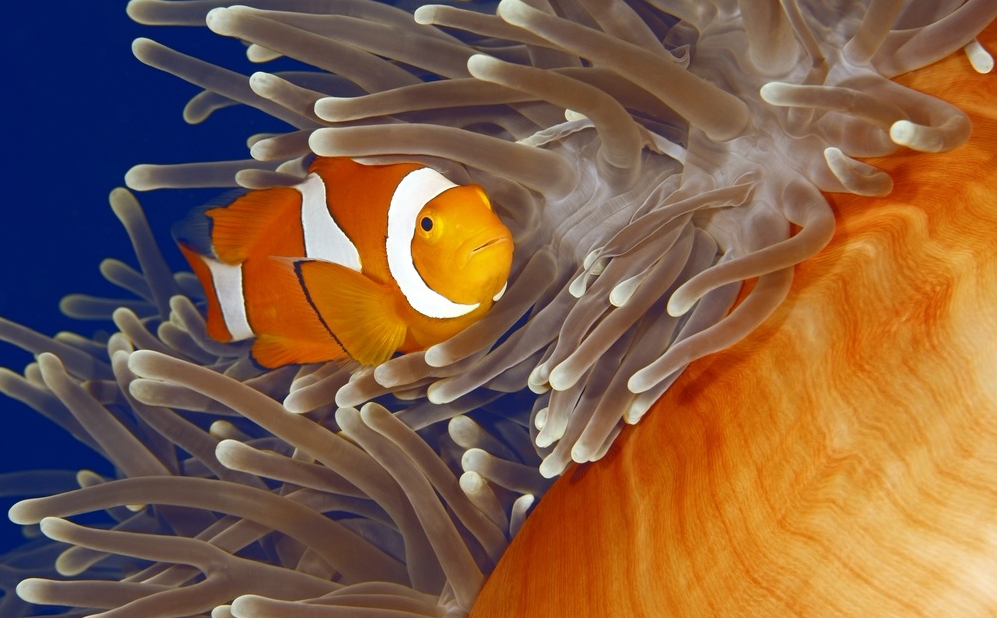
Rising human carbon dioxide emissions may be affecting the brains and central nervous system of marine fish. Image: Shutterstock.
Ocean’s growing carbon dioxide levels may threaten coral fish
A new study shows that the effects of greenhouse gases on marine life could be far more complex than thought.
Rising human carbon dioxide (CO2) emissions may be affecting the brains and central nervous system of fish, with serious consequences for their survival. According to Professor Philip Munday of the ARC Centre of Excellence for Coral Reef Studies at James Cook University in Queensland, carbon dioxide in the ocean acts like alcohol on fish, leaving them less able to judge risks and prone to losing their senses.
Around 2.3 billion tonnes of human emissions dissolve into the world’s oceans each year, increasing its acidity and causing changes in the chemical environment of the water in which coral fish and other species live. It used to be thought that the effects of ocean acidification were mostly limited to plankton and coral, which build their shells and skeletons of calcium carbonate, and that impacts on these groups would then ripple up the food chain, however it’s become apparent that fish can be directly harmed.
The predicted carbon dioxide concentrations occurring in the ocean by the end of the century will interfere with fishes’ ability to hear, smell, turn and evade predators. “We’ve now established it isn’t simply the acidification of the oceans that is causing disruption — as is the case with shellfish and plankton with chalky skeletons — but the actual dissolved CO2 itself is damaging the fishes’ nervous systems,” Munday said.
The researchers have been testing the performance of baby coral fish in sea water containing higher levels of dissolved CO2 for several years, and found that if you put reef fish into water with more CO2 than normal in it — similar to the levels expected in oceans by the end of the century — they become bolder and are attracted to odours they would normally avoid, including those of predators and unfavourable habitats. They found that high CO2 directly stimulates the receptor GABA-A in the fish brain, leading to a reversal in its normal functioning. While most animals with brains have GABA-A receptors, the team considers the effects of elevated CO2 are likely to be most felt by those living in water, as they have lower CO2 levels originally.
Source: Science Daily







TJC
January 30, 2012
Very interesting, I hope this doesn’t create a reduction in coral fish populations especially in places such as Hawaii, that would be terrible